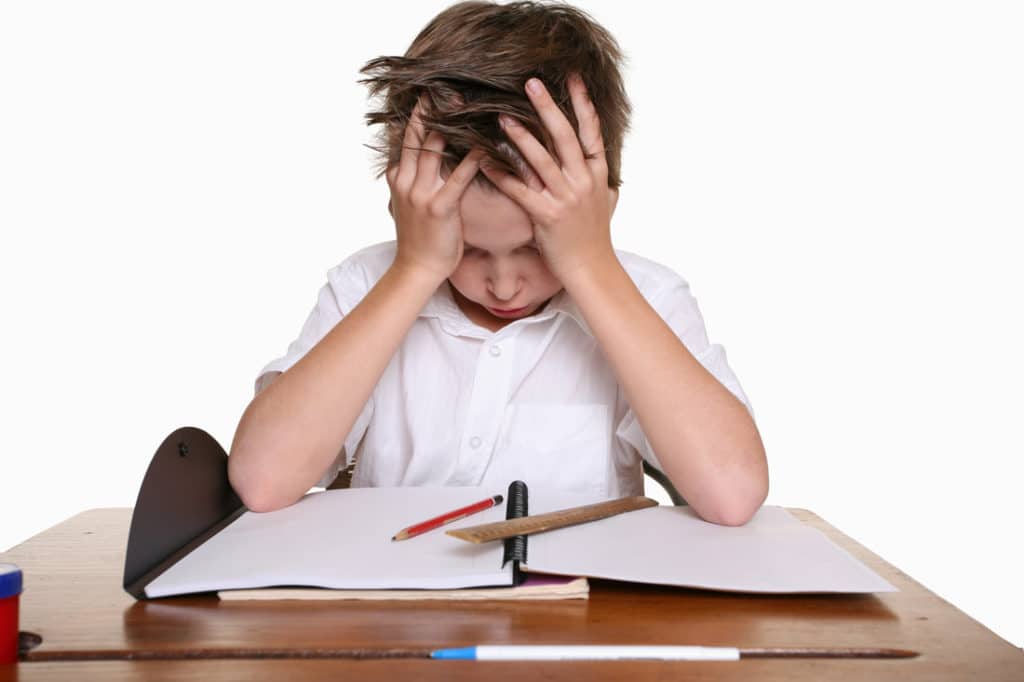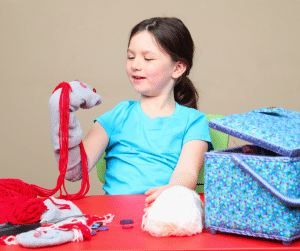Learning difficulties are more common than you think.
Learning difficulties are… “difficulties in acquiring knowledge and skills to the normal level expected of those of the same age”.
Confused and upset parents walk through my door every day. Most of their children have a learning difficulty and many don’t realise it. It is my job to unpack what is going on with their child, then provide assessment and the appropriate support to help families to achieve their learning goals.
There is no magic wand that therapists can wave to “fix” the problem. Learning difficulties require long-term, evidence based intervention for a child to realise their strengths and reach their full potential.
Learning difficulties emerge and are caused by MANY different things, e.g; intellectual impairments, sleep disorders, attention disorders, mental health issues, malnutrition, trauma, neglect and behavioral difficulties (to name only a few!). Learning difficulties also, like most things, don’t fit into a neat category. They exist on a spectrum, manifesting and presenting in a multitude of different ways.
There is so much GREY AREA surrounding learning difficulties. It’s exhausting.
MYTH #1 – Smart people can’t have learning difficulties.
It doesn’t matter how clever you are, you can still have difficulties learning new things. Research by Tracy Alloway published in the Journal of Experimental Child Psychology, 2010 outlines that an individual can have an average IQ but perform poorly in learning. She focuses on evidence that working memory is a better predictor of academic success than IQ. This means that the people who do the best academically are those that can concentrate, hold information in their mind and manipulate it.
Myth #2 – Teachers should identify all learning difficulties.
Identifying learning difficulties in children is a specialised skill that health professionals; Educational Psychologists & Speech Pathologists are trained in. Whilst some super-teachers with special education backgrounds and oodles of experience are qualified in identifying learning difficulties, Psychs and Speechie’s can perform standardised assessments and evidence-based intervention specifically targeting learning difficulties.
Australian schools currently do not recognise learning disabilities such as dyslexia. Therefore, teachers are not well supported in identifying and assisting all learning difficulties especially those that unable to be diagnosed.
Myth #3 – ADD & ADHD are not learning difficulties.
Long story short, I would put any child diagnosed with the above disorders “at risk” of a learning disability. It’s not rocket science – if your ability to maintain attention is impaired, how are you going to absorb information OR have the chance to retain it? Case closed.
Myth #4 – Children are “lazy”.
Personally, I became lazy at school in grade 11 when subjects became hard for me. My attention and working memory just couldn’t handle chemistry and biology and my behaviour and grades in these classes plummeted as a result. I didn’t complete my homework and it wasn’t long before the teacher called my parents – bummer. I would definitely pop myself into the learning difficulty category in this scenario. Imagine your child has these difficulties in year 1, and how their behaviour and response to learning might be? They aren’t lazy… school is hard! HELP THEM.
Myth #5 – Learning difficulties are severe.
Nope. Remember I mentioned that “spectrum” earlier? I have listed features of hidden learning difficulties below that are often dismissed!
- Inconsistency in performance – the child is able to perform in some environments and not others. Parents might say, “But he can do it!”. Their child may have completed the task once, (or a few times), on a day when they were in a good mood, got enough sleep the night before and also ate a full breakfast for once! Unfortunately, inconsistent achievement does not constitute the development of a skill.
- Difficulty maintaining friendships – children with learning difficulties can also have difficulty learning social cues and communication skills.
- Meltdowns at home or at school – Learning difficulties can put pressure on our kids. If they are having unexplained behaviours, it might be worth looking into.
- Concrete thinking – Children who take things literally and find it difficult to grasp abstract concepts.
On the whole, “learning difficulty” is an overarching term encompassing a plethora of issues. If you think your child might have difficulty learning new things, no matter how big or small, consult a professional. It might change their life and yours.






